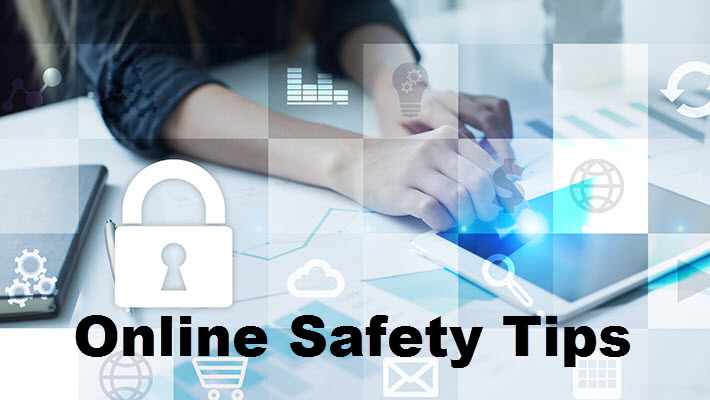
Top 10 Internet Safety Rules & What Not to Do Online
A 19-year-old running for public office in New Hampshire found out about the importance of following Internet safety rules the hard way. As Seacoast Online reports, his opponents found images in his social media posts that were sexually suggestive and referenced past drug use. Just like that, his political career crashed and burned upon takeoff. But, unfortunately, he isn't the only one, as careless Internet habits have left others exposed to scams, identity theft and physical harm at the hands of people they met online. With more users accessing the Internet through mobile devices, these risks are changing and growing quickly.
Even though apps loom larger in most people's daily online interactions than traditional websites do, that does not mean that the basic Internet safety rules have changed. Hackers are still on the lookout for personal information they can use to access your credit card and bank information.
Unsafe surfing can also lead to other threats—from embarrassing personal comments or images that, once online, are nearly impossible to erase, to getting mixed up with people you'd rather have had nothing to do with.
Here are the Top 10 Internet safety rules to follow to help you avoid getting into trouble online (and offline).
1. Keep Personal Information Professional and Limited
Potential employers or customers don't need to know your personal relationship status or your home address. They do need to know about your expertise and professional background, and how to get in touch with you. You wouldn't hand purely personal information out to strangers individually—don't hand it out to millions of people online.
Also, check out our video on YouTube:


